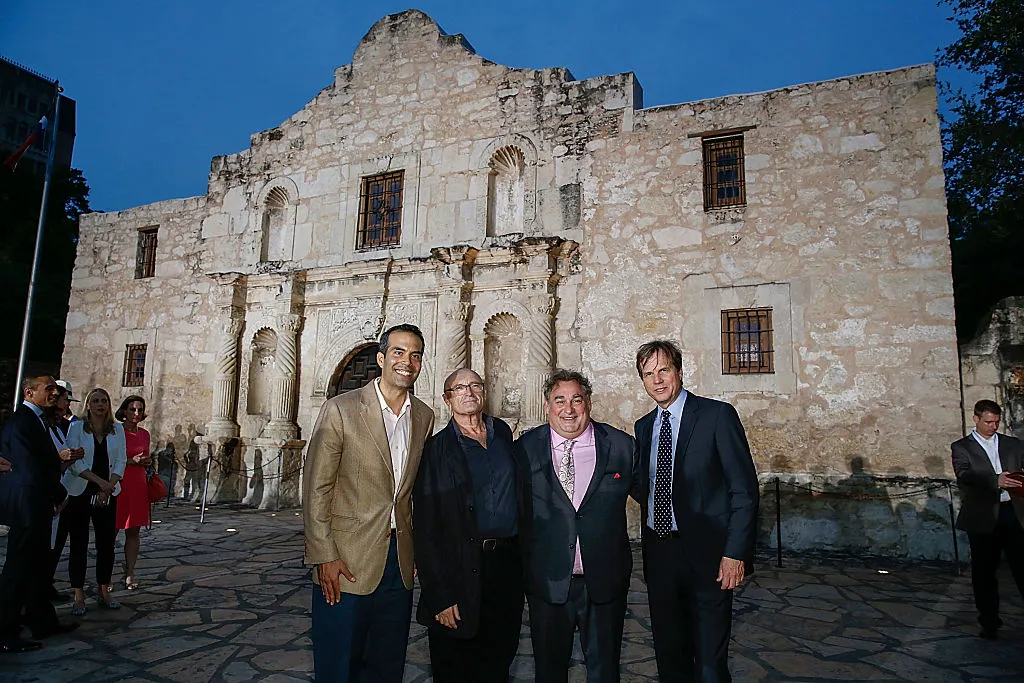
Nearly a decade ago, Phil Collins, lead singer of Genesis and the man responsible for the Tarzan soundtrack, agreed to donate his collection of artifacts related to the Battle of the Alamo to Texas. The state promised to build a museum at Alamo Plaza in San Antonio, but now that the museum is close to completion, some have questioned whether certain objects in the collection are real.
In recent years, the authenticity of the objects that supposedly came out of the Battle of the Alamo have come under increasing scrutiny. In Forget the Alamo: The Rise and Fall of an American Myth, Bryan Burrough, Chris Tomlinson,and Jason Stanford focus on the market for these objects and the potentially shady dealings done to provide collectors with artifacts related to the battle.
In an interview with the Art Newspaper, the Alamo’s senior curator, Ernesto Rodriguez, seemed to acknowledge that including items of suspect authenticity is an important part of telling the story of why the public became so fascinated by the battle.
“Every object has a story to tell and that’s the important thing about a museum—that we tell a story honestly, whether it’s good or bad. We are focusing on telling the honest story of a collector’s journey,” Rodriguez toldthe Art Newspaper.
He also stressed that in Collins’s large collection, there were only a few items with provenance issues.
Meanwhile, the museum, which does not yet have a name, is facing its own issues. A four-story, 100,000-square-foot version of the museum was supposed to be completed last year. Instead, a two-story “mini-museum” will adorn the Alamo Plaza next year and will house a small fraction of Collins’s collection.
The state hopes to include a larger museum complex by 2026, but the price tag of $150 million has the public balking. Meanwhile, as a larger refresh of the Alamo Plaza continues, debates over whether slavery should be addressed as a motivation in the Texas Rebellion have also become key, according to the Texas Tribune.

